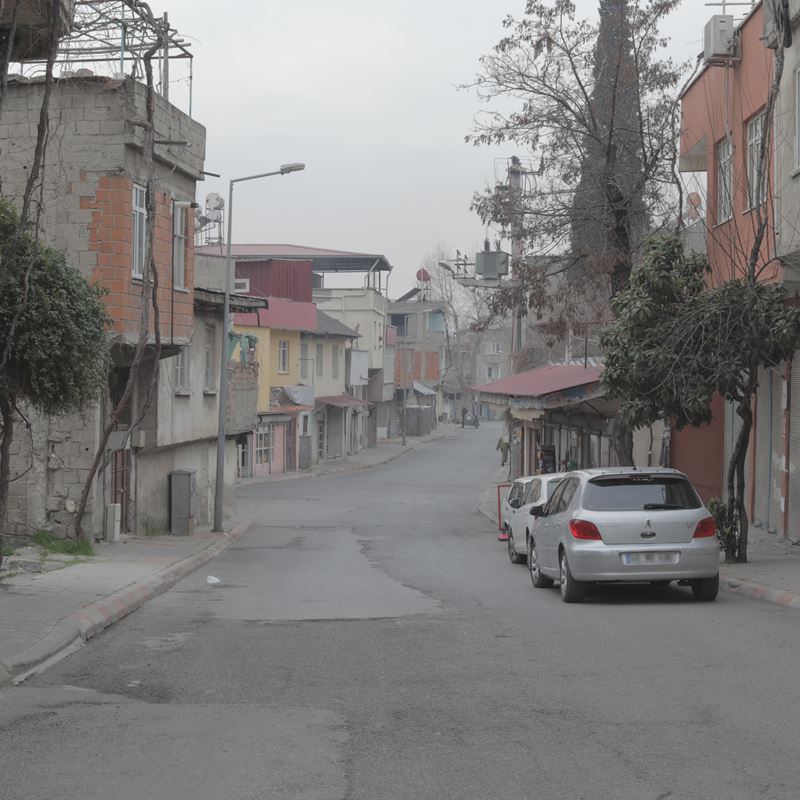Hoping to survive the pandemic
After rebuilding her life as a refugee in Turkey, Zahra fears having to start from scratch once again

The Syrian conflict has created one of the worst humanitarian crises in the world forcing millions into displacement. More than 5.6 million people were forced to flee the country, leaving behind many destroyed houses and lives. Syrian refugees have persisted and worked hard to rebuild their lives from scratch, but with the COVID-19 pandemic sweeping the world, they now face yet another obstacle in their bid for a safe and dignified life.
Two years into the conflict, Zahra and her family lost their house during a bombing raid.

“We lost everything we owned in one night - it took one bomb and we were homeless.”
Zahra
They then made the decision of fleeing their hometown of Dara'a in southwestern Syria to Turkey, currently host to 3.6 million refugees, where they settled in Sanliurfa, a city close to the Syrian border. Due to lack of work opportunities, Zahra took on the role of the breadwinner for her family of seven. With her passion to cook, Zahra received a business grant from the Danish Refugee Council (DRC) and opened her home-based cooking business.
“I have orders from all over Sanliurfa. However, since cooking material costs a lot, my income is still not enough to fully support my family.”
Zahra
However, what took her years to build, Zahra fears she might lose due to the COVID-19 pandemic.
Just like Zahra, many refugees in Turkey have already been living “hand to mouth” and relied mostly on low paying daily labour and seasonal work, in jobs like cleaning, construction, cooking, and running their home-based businesses. Since the beginning of the pandemic, many of these work opportunities have been cancelled or suspended.

“I have lost so many orders due to lockdowns and moving restrictions.”
Zahra
Unemployment has been growing since the onset of the COVID-19, when it was already high among the refugee population. The widespread reliance on negative coping mechanisms such as child labour, debt, selling assets and reduced essential expenditures, confirms initial assumptions that households do not have enough resources to buffer against a prolonged period of unemployment.
“I have no savings yet have rent to pay and a family to feed. I am forced to resort to debt.”
Zahra
The economic toll of the pandemic in the country has been profound, compounding an already fragile economic situation caused by currency depreciation, growing unemployment and slow growth. While the COVID-19 pandemic is impacting the lives of all people across the world, vulnerable and marginalised groups, such as refugees and women-headed households, are disproportionately affected.
“I am surrounded by Syrian and Turkish people who are helping me stay afloat, but that is not the case for other Syrian families in the country.”
Zahra
To help Syrian refugees build a better life, DRC Turkey, with funding from the German Federal Ministry for Economic Cooperation and Development (BMZ) through the German Development Bank (KfW), focuses on strengthening social and economic self-reliance among refugees through helping them learn new skills, access jobs or start their own businesses.
The impact of COVID-19 will hit the most vulnerable the hardest. Without humanitarian support, already vulnerable communities will be hit by a ‘crisis in a crisis’. As the pandemic continues to evolve, DRC staff around the world are on the ground, delivering frontline, life-saving assistance where it’s needed most.
© 2024 DRC Dansk Flygtningehjælp